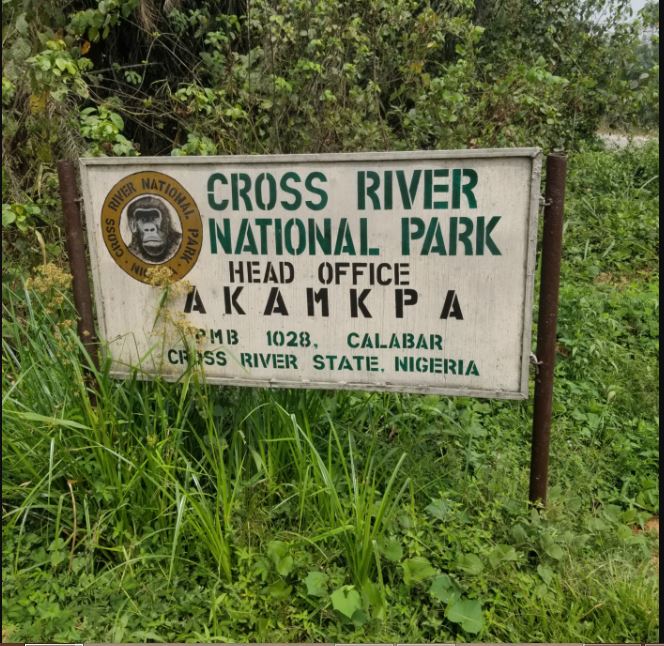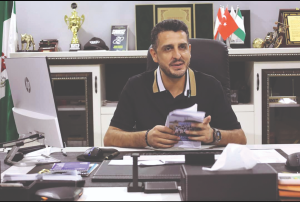
Host communities decry neglect by national park authorities

Residents of several communities traversed by the Cross River National Park (CRNP) express their grievances, asserting that park authorities have neglected their needs and failed to engage with them effectively.
The community representatives have highlighted concerns regarding the perceived lack of employment opportunities for their youth, the absence of contracts awarded to local businesses, and the alleged failure of the CRNP to fulfill its corporate social responsibility commitments within the affected areas.
The communities are calling on CRNP authorities to address these issues promptly, fostering a collaborative and mutually beneficial relationship. They emphasize the importance of inclusive development that considers the well-being and economic empowerment of the local population.
Speaking on behalf of others, Ntufam Ignatious Eno, the village head of the Obung community, raised concerns during stakeholders’ meeting with the Wildlife Conservation Society.
Eno stressed that CRNP failed to employ their youths or provide alternative sources of livelihood to dissuade them from depending on the forests for economic sustenance.
“They have been promising to provide other economic alternatives for our people who depended on the forests for food and income.
“Most of the host communities have not yet gotten such training and support. We in this community have not benefited from any employment by CRNP.
“Most people that have been engaged, though from Akamkpa LGA, are not from CRNP host communities. This is not fair at all,” he stated.
There are over 100 communities in Akamkpa, Boki, Ikom, and Etung LGAs which play host to the park.
Another stakeholder from another host community, Peter Echie, said: “We need economic packages, revolving loan schemes and public amenities. You can’t take away our sources of income without giving us alternatives.”
He said such would dissuade them from hunting and tampering with other forest resources.
Reacting, Caroline Olory, the conservator of the park, debunked the assertion, saying no host community can argue that they have not benefited from their presence.
“No community can say that they have one way or another not benefited from the CRNP. If it is not by direct employment of their youths, then indirectly, most of the communities have garnered favours and support from the Park which is owned by the Federal Government.
“But I am not happy that these communities connive with (illegal) miners to devastate the Park yet they cannot ask them to build roads or such amenities for them and the peanuts they received from miners wouldn’t be enough for them for their compromise.”









